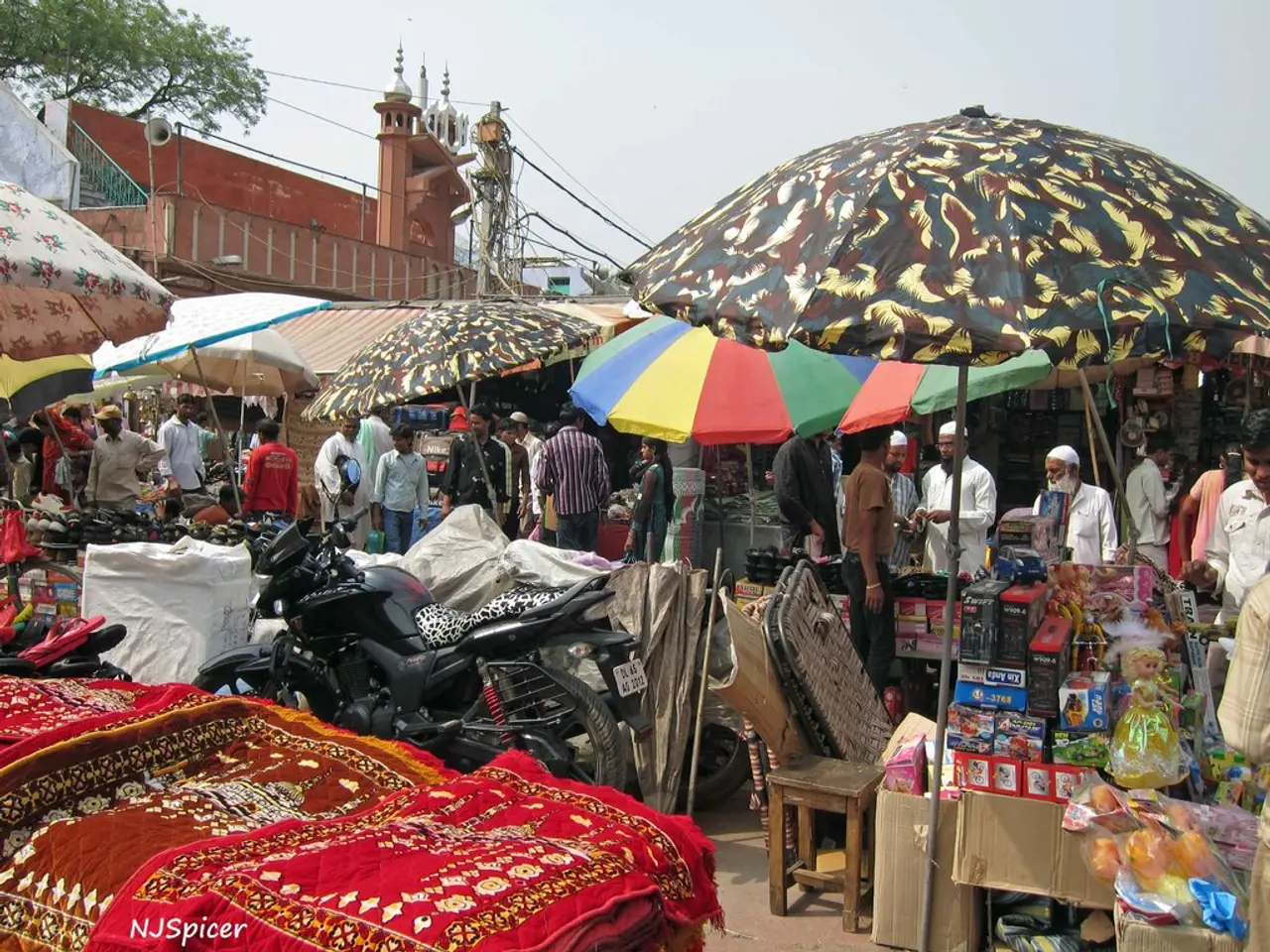Young Leaders of Africa: The 10 Youngest Heads of State in 2025
In the political landscape of Africa, a new generation of leaders is rising, bringing fresh perspectives and a focus on addressing the continent's complex challenges. These young leaders, currently in power or ascending to power, are characterised by their emphasis on democratic governance, regional integration, youth-led development, and community-driven policies.
One such leader is Abiy Ahmed, the President of Ethiopia, who won the Nobel Peace Prize in 2019 for his efforts in making peace with Eritrea. Ahmed, a former intelligence officer with an expertise in information technology, brought a modern and forward-thinking style of leadership to Ethiopia when he became Prime Minister in April 2018, following his membership in the ruling coalition.
Another notable figure is Brice Oligui Nguema, who assumed the presidency of Gabon in August 2023 after a military coup that ended the Bongo family's rule. Nguema, a maternal cousin of the former President Ali Bongo Ondimba, took over in Gabon in August 2023.
Ibrahim Traoré, the interim President of Burkina Faso since September 2022, is another young leader making waves. Born in 1988, Traoré led a military conquest to become president.
In West Africa, Sierra Leone's President Juliusada Bio serves as the rotating chairman of ECOWAS, the Economic Community of West African States, a key political role in the region. Bio's political background involves emphasis on democratic principles and regional security. His leadership of ECOWAS prioritizes democracy, security collaboration, economic integration, and stronger regional institutions.
Across Africa, young leaders are also emerging as key actors in youth-led development frameworks. Organizations like CorpsAfrica recently held a large conference focused on “Leading with Ubuntu,” a philosophy emphasizing shared humanity and collective responsibility. This shift reflects a move towards long-term leadership models among young African leaders aiming to foster community-driven inclusive development, strengthen cross-country collaboration, and catalyze social innovation and civic participation.
In Southern Africa, South Africa's current Government of National Unity (GNU), led by President Cyril Ramaphosa, is viewed by business leaders as bringing political stability and policy predictability, essential for economic growth. While Ramaphosa is not very young, the GNU's inclusive leadership style promotes cooperation above party politics and is seen by some as a political “miracle” contributing to investor confidence and constructive governance in the region.
The U.S.-supported Mandela Washington Fellowship continues to develop young leaders from across Sub-Saharan Africa through academic and leadership training opportunities in the United States. This program highlights various up-and-coming political, business, and civic leaders who are expected to influence policy and governance in their home countries in the years ahead.
These developments reflect a generation that is both politically aware and internationally connected, striving to address the continent’s complex challenges through collaboration, democratic renewal, and community engagement. Other young leaders mentioned in this article include Daniel Chapo, the President of Mozambique; Duma Boko, the President of Botswana; Mahamat Déby, the interim President of Chad; and Andry Rajoelina, the President of Madagascar. Each of these leaders has come to power through unique circumstances, but they all share a common focus on the future of their respective countries.
Forms of democratic governance are becoming prevalent among the new generation of African leaders, such as Abiy Ahmed in Ethiopia, Brice Oligui Nguema in Gabon, Ibrahim Traoré in Burkina Faso, and Juliusada Bio in Sierra Leone, who prioritize democratic principles and regional security in their leadership. These young leaders, alongside Daniel Chapo in Mozambique, Duma Boko in Botswana, Mahamat Déby in Chad, and Andry Rajoelina in Madagascar, are shaping the continent's politics by emphasizing community-driven policies and collaborative approaches to address complex challenges.
The General-news focus on these leaders reflects the emergence of a generation that is politically aware, internationally connected, and committed to fostering community-driven inclusive development, strengthening cross-country collaboration, and catalyzing social innovation and civic participation, while addressing the multifaceted issues affecting Africa.






